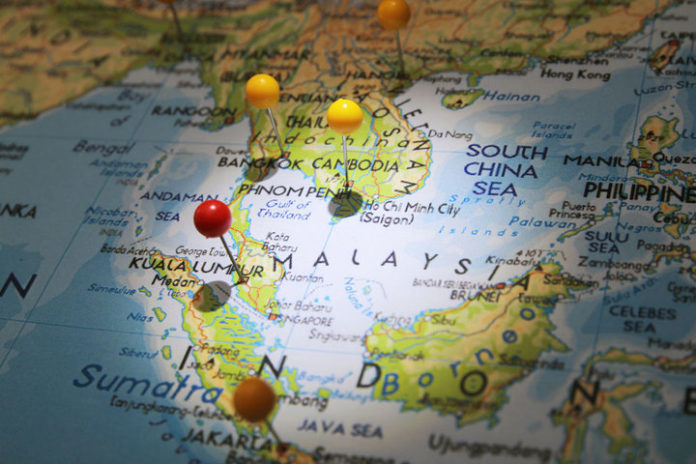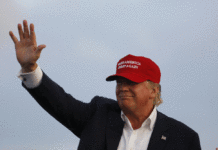While the dying Southeast Asian opium production has been rekindled, Laos and Myanmar have moved on to producing yaba and exporting the product to the rest of Asia. It has become the continent’s most used drug.
Myanmar, formerly known as Burma, and its neighbor Laos were once a part of the infamous Golden Triangle with Thailand, the drug ring that produced half the world’s opium as recently as the 1990s. But when all three governments successfully cracked down on production — due to pressure from the U.S. and the U.N. — Afghanistan took over the market.
Yaba, which translates to ‘crazy medicine,’ has existed since the early 20th century. The highly addictive stimulant is a combination of methamphetamine and caffeine usually taken in the form of a pill, and people who use it are facing the same risks if they were to use the former. The pills are often brightly colored with mint or candy flavors ostensibly to attract young people who have grown accepting of the use of the drug. Side effects include rapid heart rate, increased blood pressure, damage to small blood vessels in the brain that can lead to stroke, and inflammation of the heart lining. Overdoses on yaba can result in hyperthermia, convulsions, and even death. Yaba is known for its additional mental risks and episodes of violence, paranoia, confusion, anxiety and insomnia.
Economic and political freedom can be linked to increased use of the drug. The exploding middle class across the continent has enabled people to buy the substance, which was already cheap, extremely easy to obtain, and can infamously create additional energy and a sharper focus for day laborers and all-night partygoers.
Myanmar is waking up to the complications of easing restrictions to access of the outside world while it is awakening from a fifty-year security state. There are always risks and complications when a country comes out of isolation and its subsequent poverty, especially with international issues such as drug trafficking. The activist and de-facto leader Aung San Suu Kyi has also been criticized for refusing to call the ethnic cleansing of Rohingya Muslims a genocide.
Since the 2006 crackdown on opium, the communist Laotian government relaxed its grip on traffickers. Thus, production of opium and yaba increased until 2011 when former Prime Minister Thongsing Thammavong renewed the country’s war on drugs. As a symbolic stance on drugs, Thammavong burned seized cannabis and opium with a torch to announce his campaign against producers and traffickers. Opium production had increased… (continue reading)
















